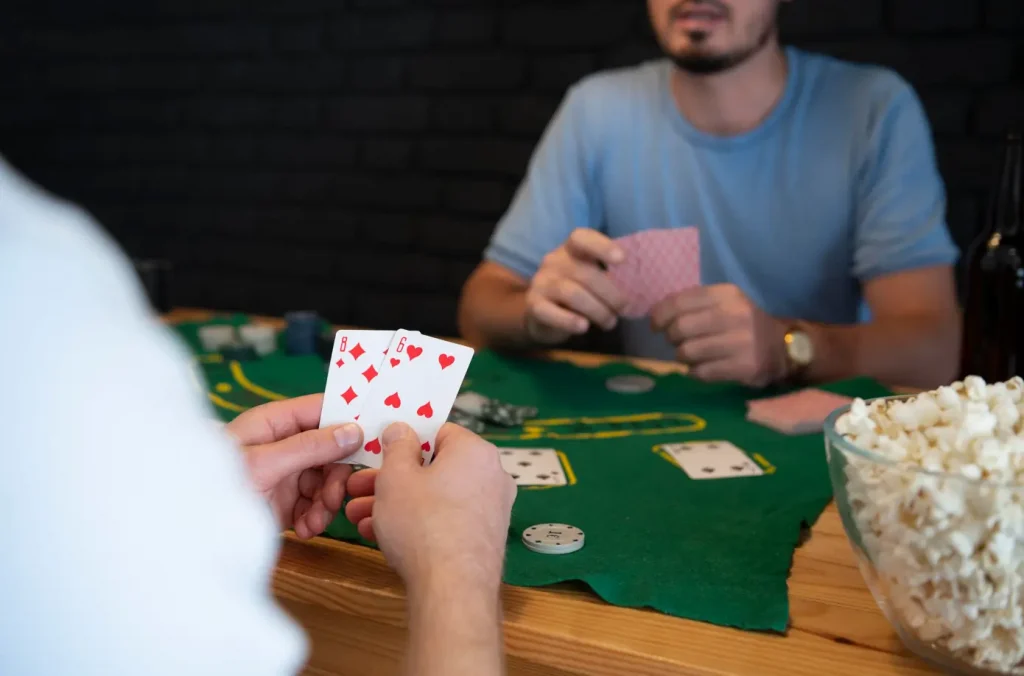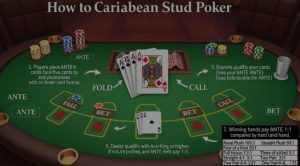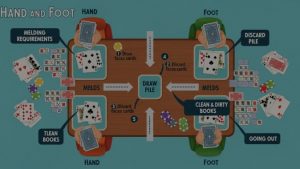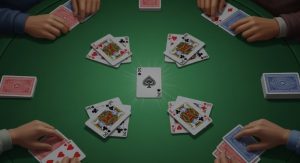Poker success requires mastery of two distinct but interconnected domains: technical strategy and psychological resilience. While many players focus exclusively on learning optimal betting patterns and hand ranges, the mental game often determines long-term profitability more than tactical knowledge alone.
The Strategic Foundation
Systematic online poker training provides the structured foundation that casual learning cannot match. Instead of acquiring random bits of strategy through trial and error, students develop comprehensive frameworks for decision-making that apply across all situations.
Professional training programs break down complex concepts into digestible components. Students learn fundamental principles like pot odds, implied odds, and expected value through interactive exercises rather than abstract theory. This hands-on approach accelerates understanding and retention compared to passive learning methods.
Advanced training modules introduce concepts like range construction, board texture analysis, and population tendencies through systematic progression. Students build knowledge methodically, ensuring each new concept integrates properly with previously learned material.
Mental Game Development
The psychological aspects of poker training often receive less attention than strategy, but they’re equally important for consistent success. Online poker training programs address common mental game issues through structured approaches that complement strategic instruction.
Bankroll management training teaches mathematical concepts but also addresses the emotional aspects of risk tolerance and loss acceptance. Students learn to separate results from decision quality, focusing on process rather than short-term outcomes.
Tilt control modules help students recognize emotional triggers, develop coping mechanisms, and maintain optimal decision-making under pressure. These skills transfer directly to live play situations where emotional control often determines profitability.
Confidence Through Competence
One of the most significant benefits of structured online poker training is the confidence that comes from systematic preparation. Students enter games knowing they’ve studied optimal strategies, practiced decision-making, and prepared for common situations.
This confidence manifests as more aggressive value betting, better bluff selection, and improved ability to make difficult fold decisions. Players who trust their training are more likely to execute optimal strategies consistently, even when facing psychological pressure.
The feedback mechanisms in quality training programs help students calibrate their confidence appropriately. They learn to recognize situations where they have edges and others where caution is warranted, leading to better game selection and strategic adjustments.
Analytical Thinking Development
Online poker training develops analytical thinking skills that extend far beyond the poker table. Students learn to break down complex problems, identify relevant variables, and make decisions under uncertainty with incomplete information.
Hand analysis exercises teach systematic approaches to problem-solving. Students learn to identify key decision points, consider multiple scenarios, and evaluate trade-offs between different actions. These analytical skills improve with practice and become automatic responses to challenging situations.
Database analysis training teaches students to interpret statistical information, identify meaningful patterns, and draw accurate conclusions from data. These skills prove valuable in many professional contexts beyond poker.
Emotional Regulation Skills
Poker training programs address emotional regulation through both direct instruction and practical application. Students learn to recognize emotional states that impair decision-making and develop techniques to maintain optimal mental performance.
Meditation and mindfulness training, now common in advanced poker programs, help students maintain present-moment awareness and emotional equilibrium during play. These techniques reduce anxiety, improve focus, and enhance decision-making quality.
The repetitive practice inherent in quality training programs helps students develop emotional familiarity with challenging situations. By experiencing difficult scenarios in training environments, students build emotional resilience for live play applications.
Decision Making Under Pressure
Online poker training creates controlled environments where students can practice decision-making under time pressure without financial consequences. This practice develops the mental pathways necessary for quick, accurate decisions during actual play.
Simulation exercises replicate the psychological pressure of important decisions by incorporating time limits, varying stakes, and competitive elements. Students learn to maintain analytical thinking even when experiencing stress or excitement.
The immediate feedback available in training environments helps students identify decision-making patterns that emerge under pressure. They can then work systematically to improve these patterns through targeted practice.
Long Term Perspective Development
Quality poker training programs emphasize long-term thinking and result independence. Students learn to evaluate their play based on decision quality rather than short-term outcomes, developing the patience necessary for sustained success.
This perspective shift proves valuable in many life contexts. Students develop comfort with uncertainty, improve their ability to delay gratification, and learn to persist through periods of adverse results.
The statistical education component of poker training helps students develop realistic expectations about variance and the time scales required for skill edges to manifest in results. This understanding prevents many of the psychological pitfalls that derail promising players.
Systematic Improvement Methods
Online poker training teaches students how to identify weaknesses, design practice routines, and measure improvement systematically. These metacognitive skills enable continuous development throughout their poker careers.
Students learn to conduct honest self-assessments, seek feedback effectively, and implement changes methodically. The habit of systematic self-improvement often transfers to other areas of personal and professional development.
The documentation and review processes taught in quality training programs help students track their development over time, maintain motivation during difficult periods, and celebrate meaningful progress milestones.
Through this dual focus on strategic mastery and psychological development, online poker training creates more complete players who can perform consistently across varying conditions and maintain their edge over time.





